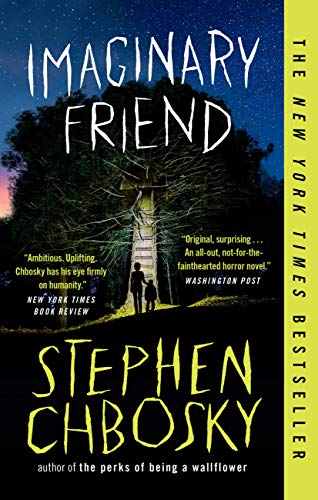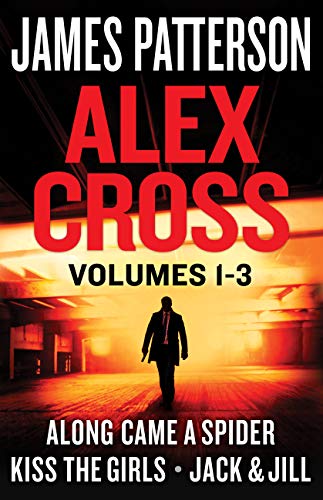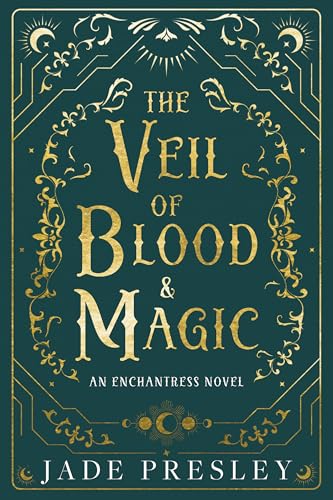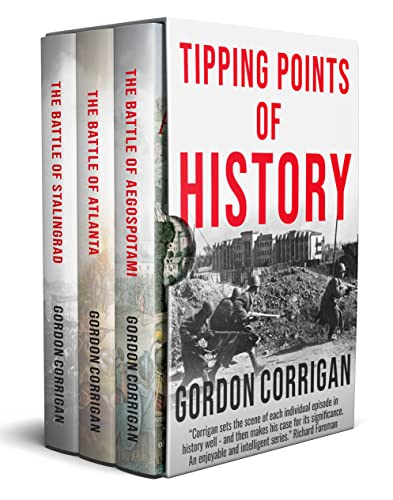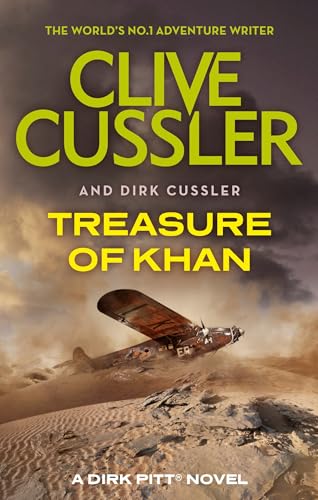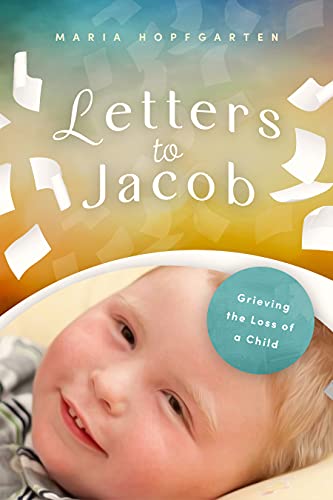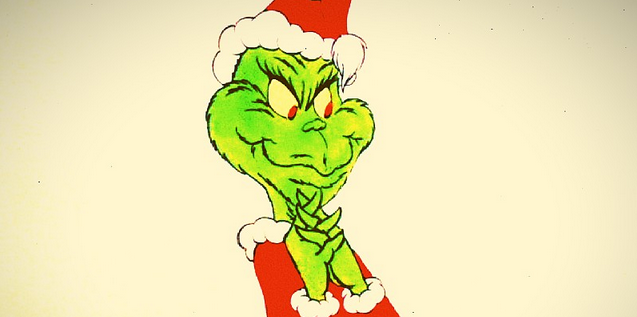Dr. Seuss gave us one of the most complex, socially important heist stories ever, according to Olivia Rutigliano from CrimeReads… Support our news coverage by subscribing to our Kindle Nation Daily Digest. Joining is free right now!
The three top-selling Christmas-themed children’s books released for the holiday season in 1957 were all stories of absence, loss, and theft: The Christmas that Almost Wasn’t by humorist Ogden Nash, The Year without a Santa Claus by soon-to-be-Pulitzer winner Phyllis McGinley, and How the Grinch Stole Christmas! by the beloved children’s author Dr. Seuss (the pen name of political cartoonist Ted Geisel). The three stories are all self-conscious about the precariousness of abundance, reflecting the decade’s newfound culture of plenty—the postwar snowball of American prosperity and the proliferation of the middle class—through the fear that it all might easily get taken away. Nash, McGinley, and Geisel (all born within years of one another in the very beginning of the twentieth century) had already witnessed two world wars, two periods of excessive prosperity, one nationally-traumatic economic nosedive, and the ongoing threat of intercontinental nuclear war—too familiar, by the midcentury, that “having” could, in a flash, become “having not.”
In The Christmas that Almost Wasn’t and The Year without a Santa Claus, Christmas disappears because of varying degrees of bureaucratic malfeasance. In the former, a usurper to a throne imprisons the ruler who officiates the Christmas celebration, thereby ending the holiday. In the latter, Santa Claus’s desire to slack off on his job and take a vacation means that Christmas won’t happen. (In both stories, children are able to fix these respective leadership problems and save the holiday.) In these tales, Christmas is represented as being contingent on the successful operation of a particular administration: it is a production. It must be effectively sanctioned, overseen, and staged by an authority on behalf of the people, and without these formal constructions, it cannot exist.
But How the Grinch Stole Christmas goes down a bit differently—it tells the story of an outsider with no formal power who deliberately connives to swipe Christmas from those who celebrate it, precisely because it bothers him that they do. The Grinch, a crotchety hermit who lives alone on a mountain that overlooks a village, Who-ville, that happily celebrates Christmas annually. He watches them celebrate, year after year, until he figures that if he steals everything from them, they won’t be able to celebrate. But when he makes off with all their decorations, presents, and foodstuffs, he finds that they still celebrate Christmas either way, and do so gratefully and joyfully. This shocks him…
Read full post on CrimeReads

